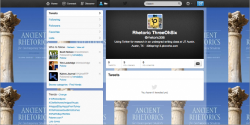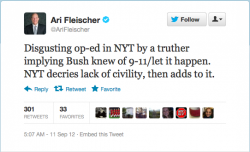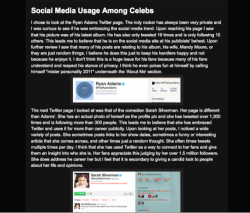
Throughout the Bachelor Finale and the "After the Final Rose" episode, Chris Harrison promised us, the "Bachelor Nation" an "unprecedented announcement." After much speculation on Twitter and at home, Jimmy Kimmel's gift of a steer named Juan Pablo and the coerced promise that Ashley S. would appear on Bachelor in Paradise, Chris Harrison revealed the big announcement: there would be two Bachelorettes next season instead of one, and the men would get to vote which Bachelorette would stay to the finale based on who would be the best wife.





